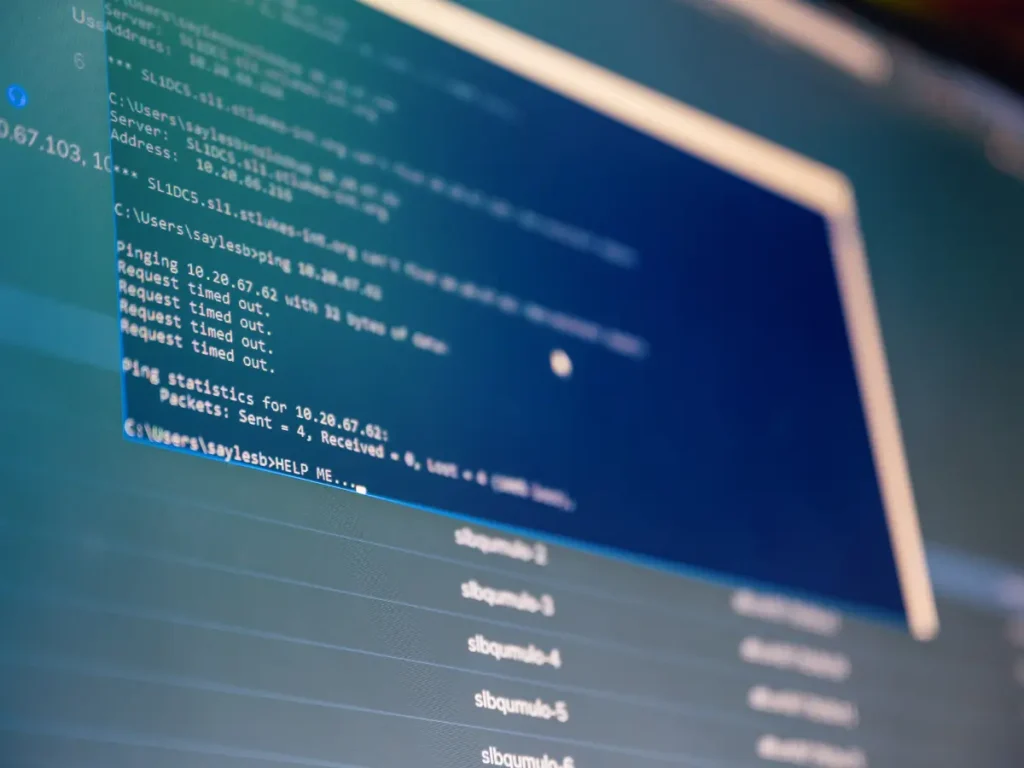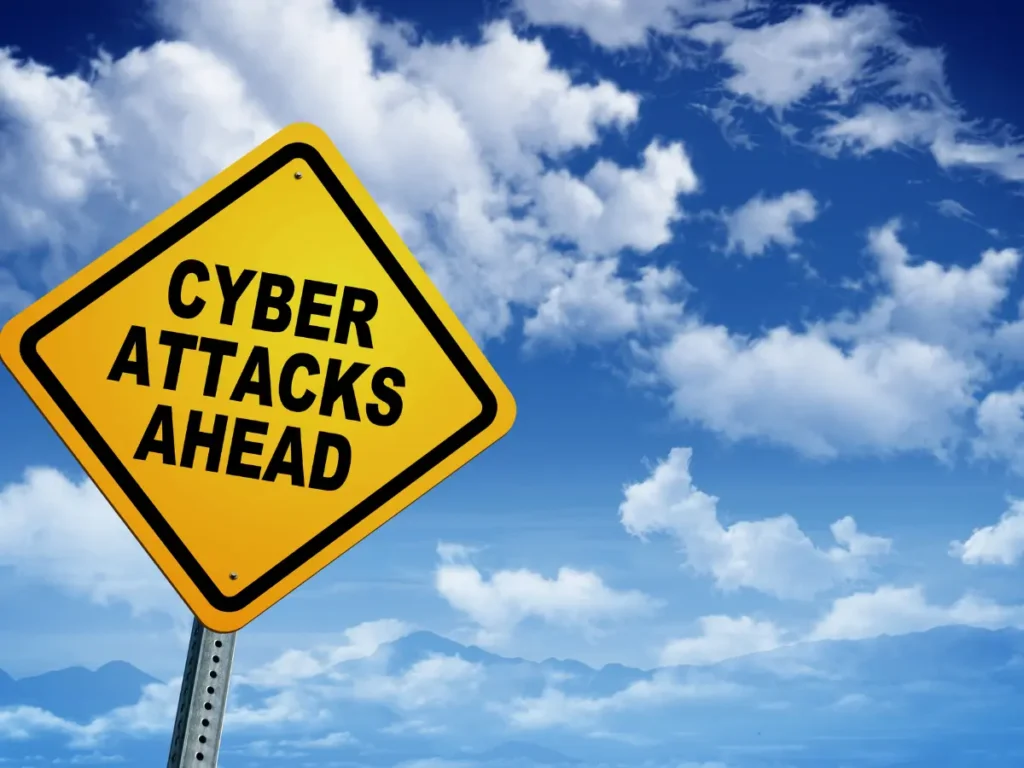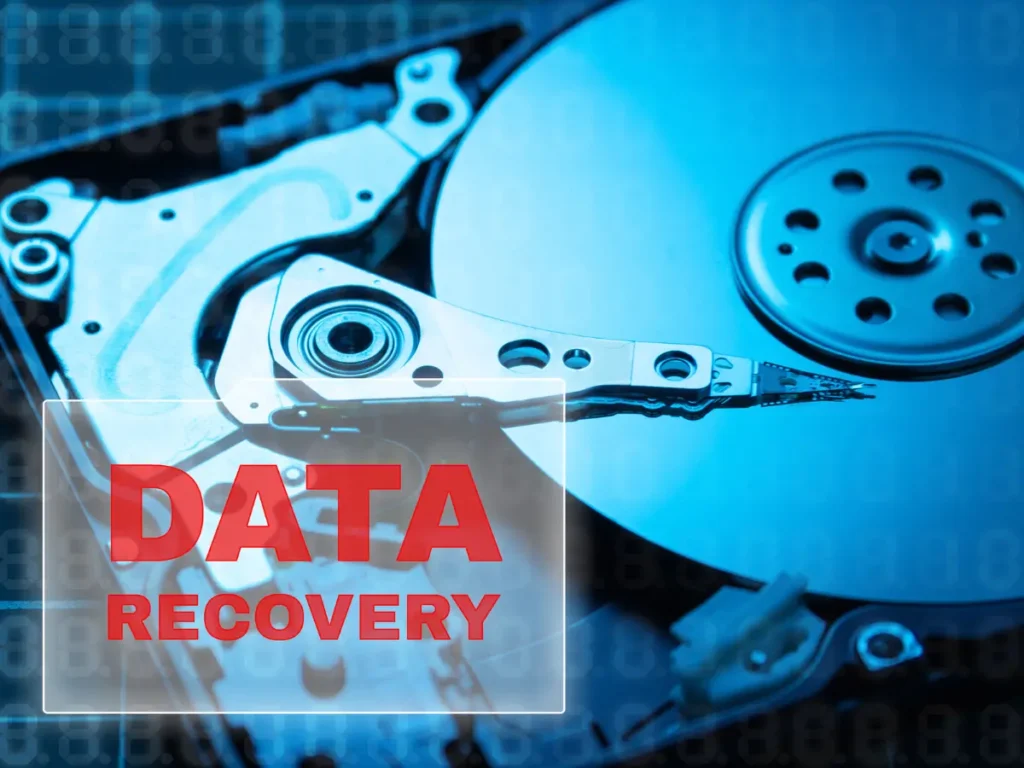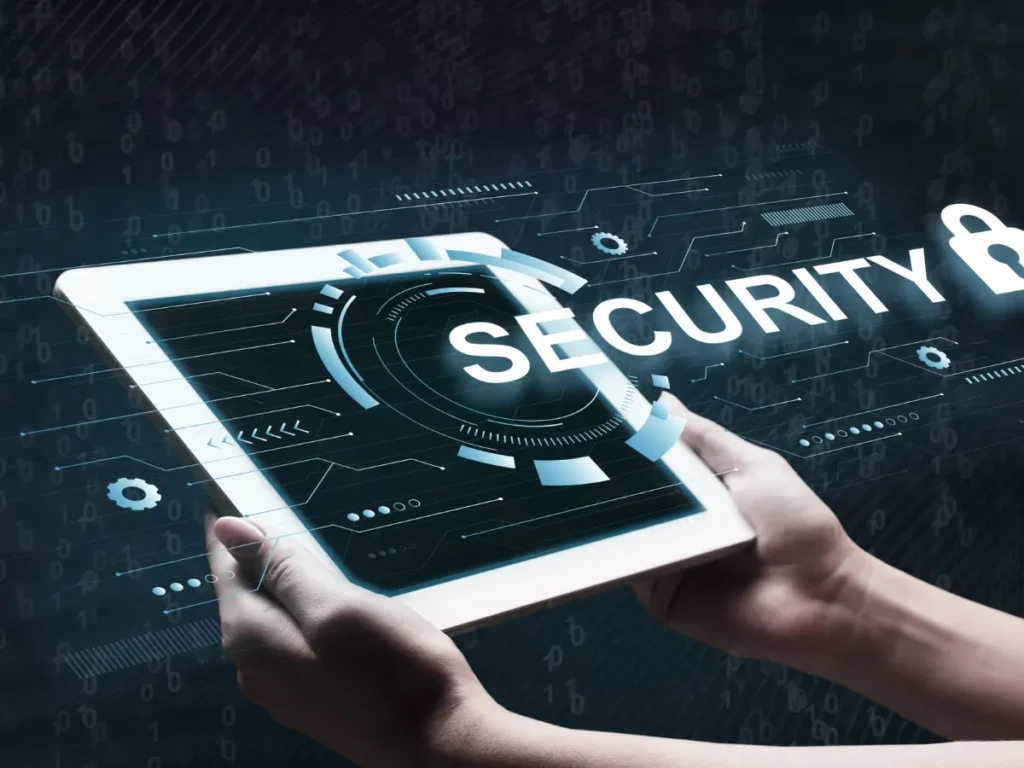How AI Is Transforming Cybersecurity Audits

Cybersecurity audits are your organization’s digital checkups, thorough evaluations of your IT systems, security policies, and internal practices.
Security Audits Explained: Types, Processes, and a Handy Checklist

Security Audits help protect your business from cyber threats. Learn the types, process, and checklist to keep your systems secure and compliant
A Wake-Up Call: Fight Against The Increased Cyber Attacks in Kenya

Kenya cyber attacks are rising fast, targeting banks, agencies, and citizens. Discover what’s driving them and how Kenya can fight back.
All You Need to Know About the IT Data Recovery Plan

A Data Recovery Plan is a documented strategy that outlines how your organization will respond to data loss events.
Top 5 SMEs Cybersecurity Risks Nigerian Face in 2025 — and How to Prevent Them

Discover the top 5 SMEs cybersecurity risks Nigerian businesses face in 2025 and practical steps to protect your data, emails, and systems
Best Cybersecurity Companies to Work with in 2025

Explore top cybersecurity companies in Nigeria, Kenya & Tanzania in 2025. Find trusted partners to protect your fintech or tech business from threats


